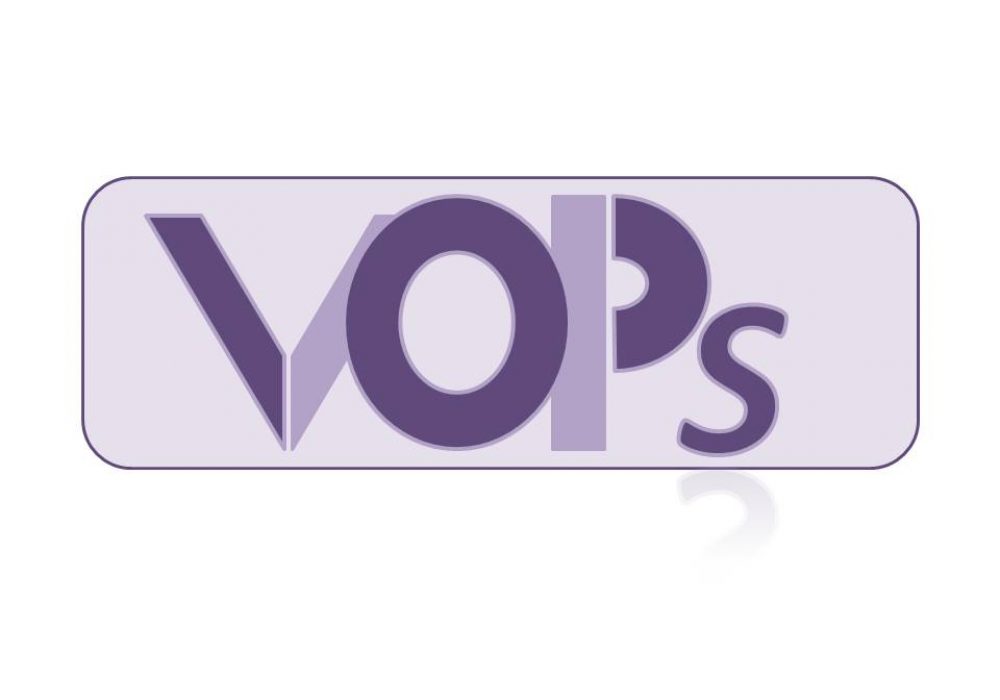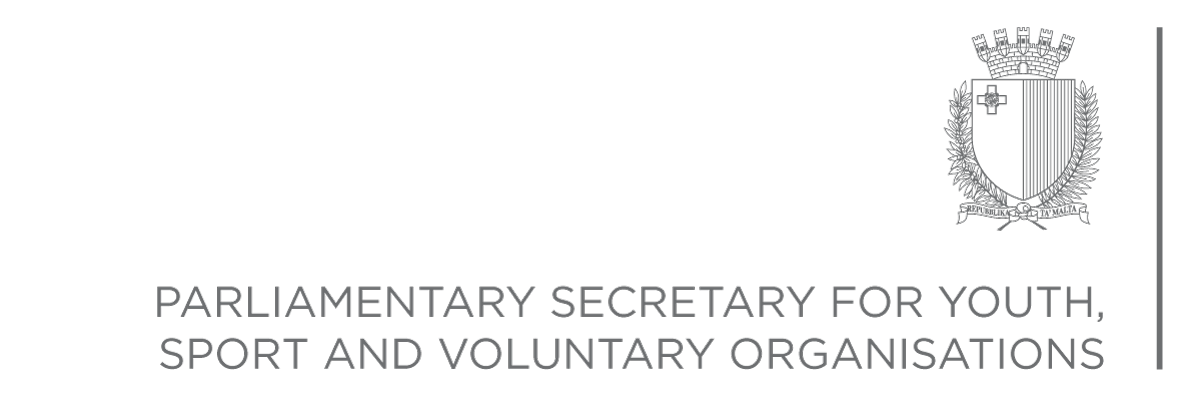#KeepingUpWithTheInterns
Hey all! I hope everyone is staying safe and preparing for the winter! On 10 September we celebrated Mental Health Day, so this week I am sharing an interview about the impact of Covid-19 on mental health.
At aditus foundation, we saw a lot of our clients being seriously affected from this pandemic due to their vulnerabilities. We also had clients who, like most of us, found it hard to cope with quarantine and isolation. As stated in this article, the UN Refugee Agency is warning that Covid-19 is having a huge impact on the mental health of refugees, displaced and stateless people. The United Nations High Commissioner for Refugees said:
COVID-19 is not just a physical health crisis but it is now also triggering a mental health crisis. While many refugees and internally displaced people are remarkably resilient and are able to move forward despite having experienced violence or persecution first-hand, their capacities to cope are now being stretched to the limit.
UNHCR
For this week’s blogpost, I interviewed Richmond Foundation. Richmond Foundation is one of Malta’s more prominent NGOs with whom we have an excellent working relationship. We’ve listed it as a supporting organisation for refugees and migrant ssince the organisation often provides them with needed psychological support. As stated on its website, Richmond Foundation offers a wide range of support to anyone experiencing mental health problems and to the people who live and work with them.
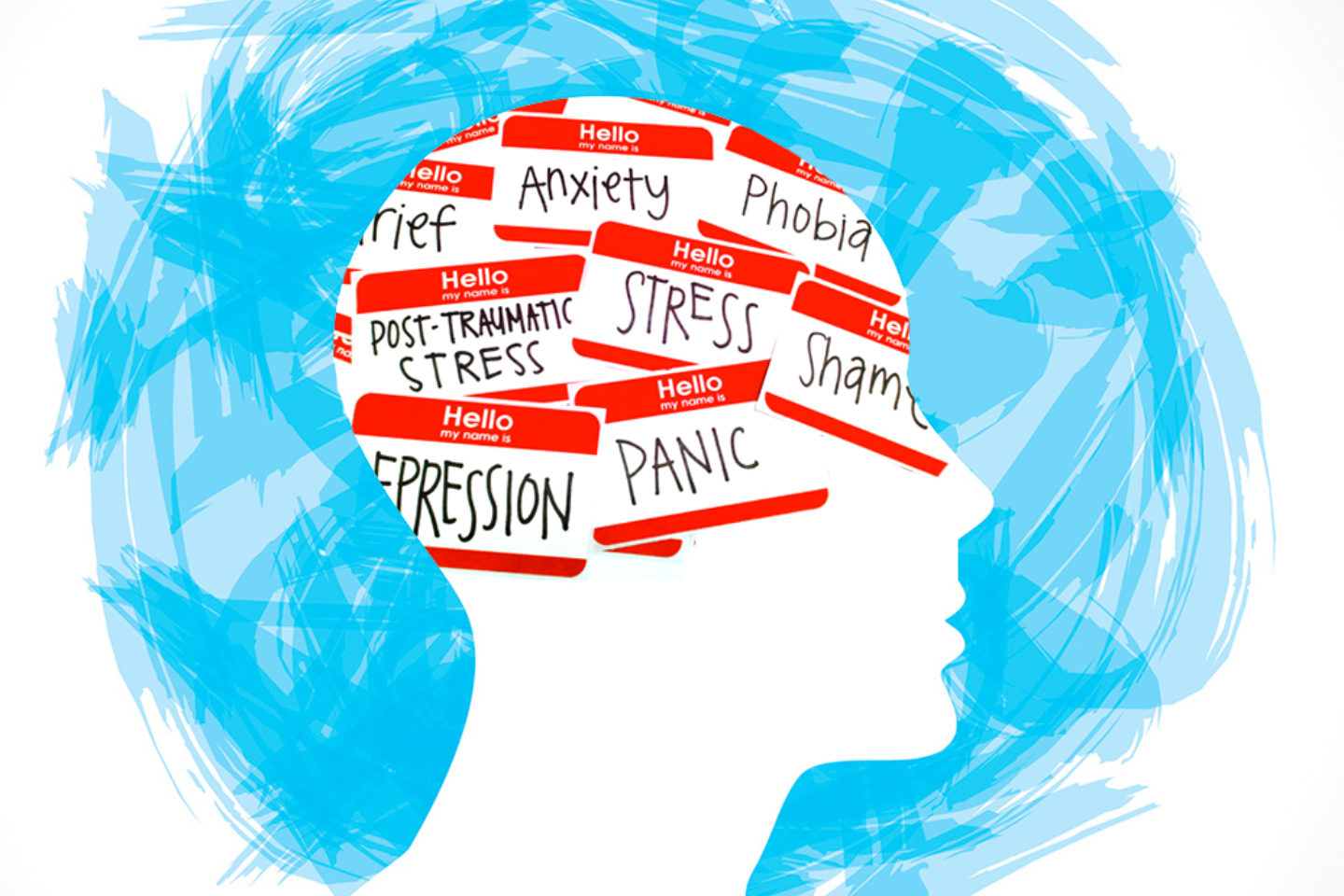
We’re determined to stamp out stigma through education and the promotion of mental wellbeing. Our goal is to ensure that those living with mental health problems live fulfilling lives in a community that accepts and understands them.
Richmond Foundation
This week we will meet Svetlana Gatt, from Richmond Foundation. She was kind enough to spare some of her time to take part in this interview. I hope you will enjoy reading it.

M: Would you please introduce yourself and your foundation?
RF: Hi there! My name is Svetlana Gatt and I work as a Communication and Development Coordinator within Richmond Foundation. Richmond is the local NGO providing mental health support through 24/7 freephone, residential and community care and support at the workplace.
M: What does it mean when we say someone has mental health problems?
RF: When someone is experiencing poor mental health, one might observe changes to their mood and behaviour, as well as disruptions to their sleeping and eating patterns. One of the signs is usually the observation that the person is experiencing a disruption to what they were able to do before, and the person’s personal relationships are being impacted.
M: How can someone offer support to someone with mental health problems?
RF: One of the most important things one can do is to be present and non-judgmental. The person will most likely already be struggling to understand what they are experiencing, so it’s very reassuring when they find someone who is willing to listen. Offering practical support can also be helpful, and it’s important to direct the person to professional help, such as the 1770 Freephone, if they are struggling.
M: Do you feel that there is still a stigma around mental health issues?
RF: We have come a very long way in how we see mental health. Some mental health conditions, such as depression and anxiety, seem to be more understood and accepted, when compared to other conditions such as psychosis. We are constantly running educational campaigns on different conditions, and we have a lot of people calling us to ask for practical advice on how to support a relative or a friend. There’s still a lot of work to be done and we look forward to having more conversations on the topic.
M: Do you think that marginalised people, like many of our clients are more prone to mental health problems? Why is that?
RF: A major protective factor against mental health conditions is having a good support network. It is very reassuring when a person knows that they are surrounded by people who care about them and support them. Unfortunately, when these support networks are not available, the person is more likely to feel isolated which fuels mental health issues.
M: Due to the current global pandemic, what changes and/or trends have you seen in your clients?
RF: Our mental health helpline has been available for a number of years, but when the pandemic hit our shores, we collaborated with the Ministry of Health to make it available for the public 24/7. In the past 6 months we received as many calls as the past 3 years. We have seen people from all walks of life asking for help in the last few months. We are currently analysing the data of the calls over the past year with the University of Malta, to better understand the trends and make recommendations accordingly.
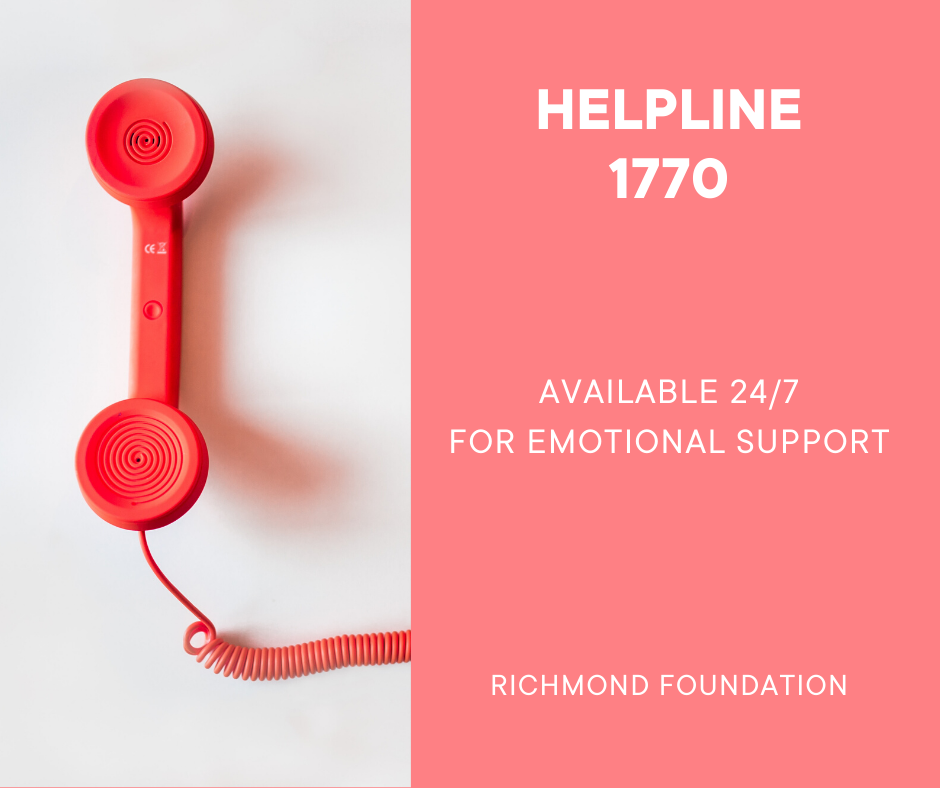
M: How have your services changed during this pandemic, and how can one access these services?
RF: Our front liners in all our residential units kept on working with the clients throughout the pandemic, and even went on lock-down for a number of weeks at the residences to limit contagion as much as possible. When the pandemic hit our shores, operations that could be shifted online were transformed. We had to set ourselves up really fast to meet this change, for safety and to meet the increase in demand. Our staff kept on meeting persons seeking help face to face according to what was required, especially those experiencing a crisis, so that we can offer the support required. Anyone who would like support can call on 1770 and they will be assisted accordingly.
With this blog post I wished to raise awareness regarding mental health issues. Importantly, I wanted to underline that it is OK to seek help when this is needed.
Remember that your mental health is a priority, your happiness is essential and your self-care is a necessity.
That is all for me today! I hope you enjoyed it and learned something new.
See you soon with our next blog post.
Matthew
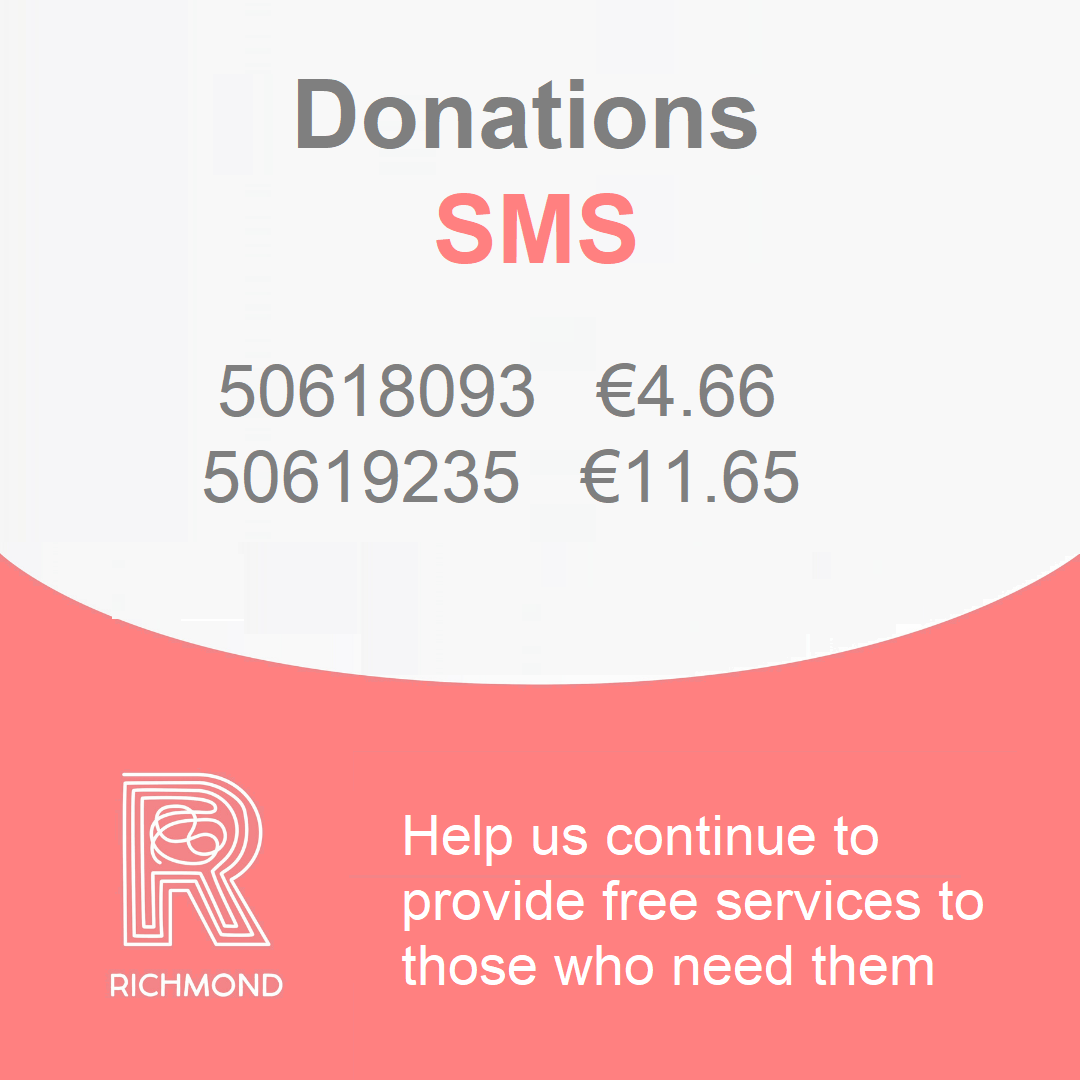
#KeepingUpWithTheInterns is part of our project Marginalised Persons as Human Rights Volunteers. If you want to follow Matthew and Rimaz as they navigate their way through Malta’s human rights landscape, subscribe to our News & Updates or follow them on our social media pages!
This project has been funded through the Voluntary Organisations Project Scheme managed by the Malta Council for the Voluntary Sector on behalf of Parliamentary Secretary for Youth, Sports and Voluntary Organisations within the Ministry for Education and Employment. This project/publication reflects the views only of the author, and the MEDE and the MCVS cannot be held responsible for the content or any use which may be made of the information contained therein.

